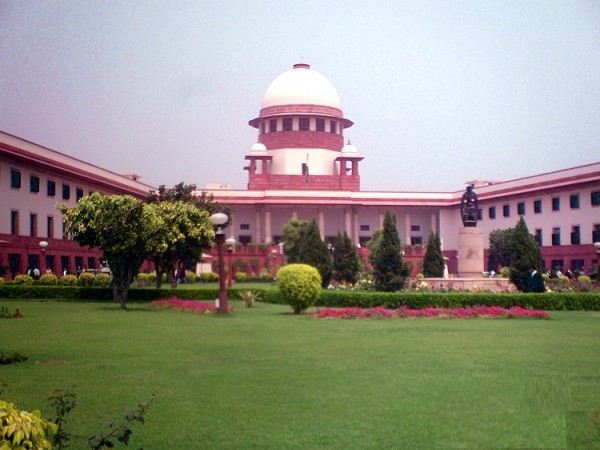
The Supreme Court of India has struck down a law that it deems to be a major infringement of freedom of speech. Introduced in 2000, Section 66A of the Information Technology Act was meant to combat abuse and defamation on the internet, but was left with ambiguous wording that allowed it to be misused.
Critics of Section 66A claim that the law has been used by political parties to target their opponents and clamp down on dissidence. Under the law, that has now been declared unconstitutional, authorities are able to arrest and charge any person for posting just about anything.
It was first challenged by a law student by the name of Shreya Singhal after two young women were arrested in 2012 for posting comments critical of the total shutdown in Mumbai after the death of the chief of a far-right political party. Similarly, a professor in West Bengal was arrested in 2012 for posting a cartoon of Chief Minister Mamata Banerjee.

The offending section of the act reads, “Any person who sends by any means of a computer resource any information that is grossly offensive or has a menacing character; or any information which he knows to be false, but for the purpose of causing annoyance, inconvenience, danger, obstruction, insult shall be punishable with imprisonment for a term which may extend to three years and with fine.”
Most would find this particular list things that may violate the law to be extremely vague, and even India’s former Information and Broadcasting minister has admitted that it is often misused.
While this law has been struck down by the highest court in the country, it is likely to reappear again at some point. The incumbent government has defended Section 66A, and will likely make amendments to bring it back. However, this is a bright spot in protecting the freedom of speech on the internet; especially in an age when India’s neighbours have been outright blocking websites.
[Source: NDTV via Techcrunch]
Follow us on Instagram, Facebook, Twitter or Telegram for more updates and breaking news.



